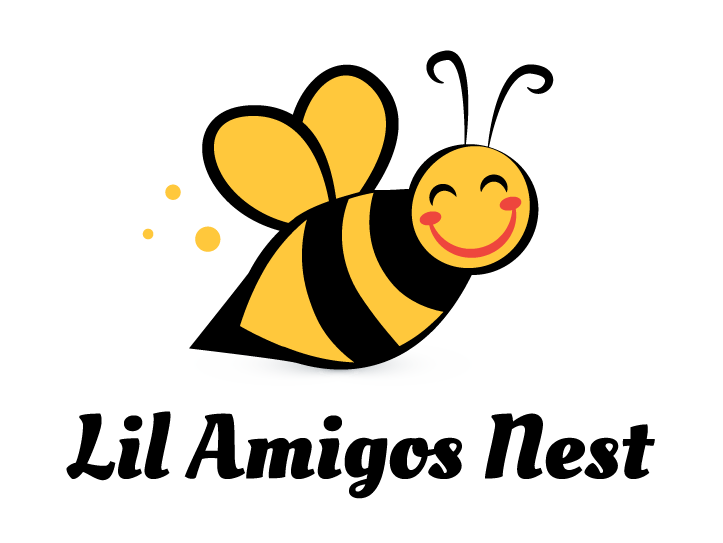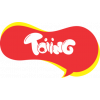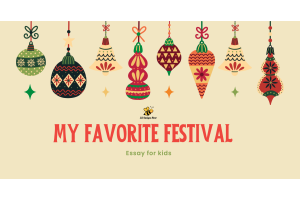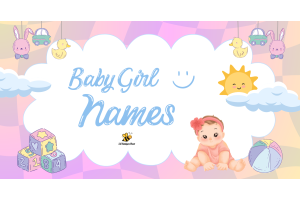Best Learning Toys and Activities for Children with Autism

Every child is unique, and for many families navigating autism, finding the right tools for learning is essential. In this blog, we explore top-notch learning toys and activities specifically designed to support autistic kids. We understand that autism can be challenging to define across cultures—whether you're searching for autism meaning in Tamil or autism meaning in Hindi—and that proper parenting and support are key. Our parent portal is full of expert parenting tips to help you make informed decisions for your child.
When it comes to parenting, especially for families with autistic kids, clarity and compassion are paramount. From understanding autism to selecting the right educational resources, every step counts. Whether you are looking up autism meaning in Tamil or autism meaning in Hindi, our confident guide is here to assist. With practical advice and innovative suggestions, this blog combines trusted parenting tips with hands-on activity ideas to ensure every learning session is both fun and beneficial.
Understanding Autism
Autism is a neurodevelopmental condition that affects how a child perceives and interacts with the world. While each child experiences autism differently, many autistic kids benefit greatly from structured routines and visual aids. Learning toys and engaging activities can offer predictable and enjoyable experiences that help develop essential skills such as communication, problem-solving, and motor coordination.
In many cultures, there’s a growing effort to understand autism from different perspectives. Whether you’re exploring autism meaning in Tamil, autism meaning in Hindi, or other languages, the goal remains the same: to provide supportive environments where every child can flourish. With clear communication and a well-informed approach, parents can build confidence in their children while nurturing their unique abilities.
The Role of Learning Toys
Learning toys are more than just playthings—they are powerful educational tools. The right toys can stimulate a child’s senses, enhance fine motor skills, and improve cognitive development. For autistic kids, especially, toys that offer sensory feedback and clear visual cues are invaluable. They help in reducing anxiety and promoting focus, making learning sessions both enjoyable and effective.
Consider toys that are designed with both fun and functionality in mind. Sensory toys, puzzles, and interactive board games have proven beneficial for children with autism. Each toy should aim to offer a mix of challenge and playfulness, encouraging children to learn at their own pace. When you choose learning toys, keep in mind the child’s interests and sensory needs, ensuring that every interaction is a step toward personal growth.
Top Learning Toys for Autistic Kids
1. Sensory Toys
Sensory toys are ideal for stimulating the senses. Items like textured balls, soft building blocks, and light-up toys help children explore different tactile sensations. These toys can be especially soothing and provide a much-needed sensory break during busy days. Sensory play supports the development of hand-eye coordination and can also help reduce stress.
2. Puzzles and Shape Sorters
Simple puzzles and shape sorters are excellent for developing problem-solving skills. They require children to think critically while matching shapes and colors, all within a playful context. These toys promote concentration and can be tailored to suit different age groups and ability levels. For autistic kids, puzzles offer a balance of challenge and fun, making learning a delightful experience.
3. Interactive Electronic Toys
Modern technology has brought interactive electronic toys that combine learning with play. These toys often include features like lights, sounds, and voice prompts. They help develop language and communication skills, particularly beneficial for autistic kids who may need extra support in these areas. Always opt for devices that are simple to operate and provide immediate positive feedback to reinforce learning.
4. Art and Craft Kits
Encouraging creativity through art can be very therapeutic. Art and craft kits that include coloring books, clay modeling, or simple DIY projects allow children to express themselves freely. For autistic kids, art provides a non-verbal means of communication and helps in enhancing fine motor skills. It’s a great way to combine relaxation with skill development.
Engaging Activities Beyond Toys
While toys form the foundation of early learning, activities that involve movement, social interaction, and outdoor exploration are equally important.
1. Outdoor Play and Nature Walks
Outdoor activities offer children a change of scenery and a chance to engage with nature. Simple activities like a nature walk or playing in a park can stimulate curiosity and encourage physical activity. For autistic kids, the gentle rhythm of nature provides comfort and helps regulate sensory overload. These activities can be scheduled regularly to build a routine that balances indoor and outdoor learning.
2. Music and Dance
Music is a universal language that can uplift moods and improve communication skills. Activities that involve singing, dancing, or playing simple musical instruments not only make learning fun but also enhance auditory processing and rhythm. Encourage your child to express themselves through music—it’s a joyful way to build social and emotional skills.
3. Storytelling and Role-Play
Storytelling activities and role-play scenarios enable children to practice social interactions and language skills. Using puppets or simple costumes, you can create scenarios that help your child understand different emotions and situations. These activities build empathy and make abstract concepts more tangible, a valuable asset for children with autism who might struggle with social cues.
Tips for Parents on Integrating Learning Tools
Effective parenting for autistic kids involves creating a balanced and structured environment that promotes learning while accommodating each child’s unique needs. Here are some confident tips to get you started:
- Create a Routine:
Establish a daily routine that includes designated play and learning times. A predictable schedule can reduce anxiety and help your child feel secure. - Incorporate Interests:
Observe what fascinates your child and incorporate those themes into their learning toys and activities. Whether it’s a particular color, shape, or theme, aligning activities with their interests makes learning more engaging. - Use Visual Aids:
Visual schedules, charts, and timers can help in keeping track of activities and transitions. Visual aids are especially helpful for autistic kids who may find verbal instructions challenging. - Encourage Social Play:
Organize small playgroups where your child can interact with peers. Structured social interactions in a safe environment help improve communication and reduce feelings of isolation. - Be Patient and Positive:
Every child learns at their own pace. Celebrate small victories and provide consistent positive reinforcement. Remember, patience is key in nurturing confidence and skill development. - Leverage Your Parent Portal:
Utilize available resources, such as online parent portals and communities, where you can share experiences and gain further insights. These platforms offer a wealth of parenting tips and support from experts and fellow parents alike.
Conclusion
Choosing the right learning toys and activities for children with autism can transform the educational journey into an empowering adventure. With the right blend of sensory stimulation, interactive play, and creative expression, autistic kids can thrive in their unique ways. This confident guide has highlighted some of the best options available—from sensory toys and puzzles to outdoor play and musical activities.


























